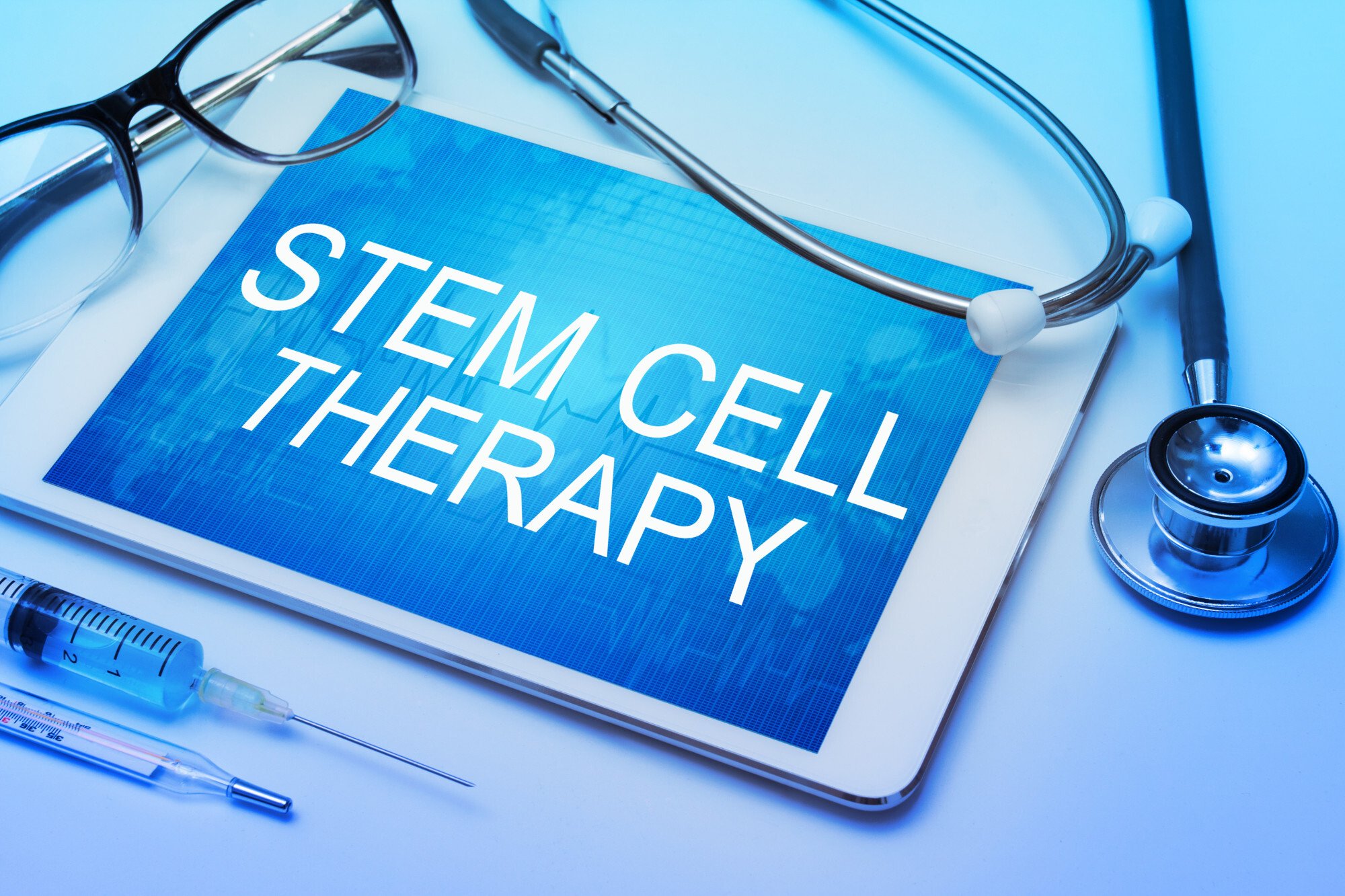
Stem cell therapy is essentially the application of stem cells directly to the affected area or organ where the disease or condition is causing the patient to have symptoms. As of late, stem cell therapy cost utah has been used to treat certain conditions and disorders that afflict large numbers of people. In fact, there are now clinics and hospitals that specialize in this medical practice. Since stem cell therapy was developed in the 1970s, it has grown into one of the most popular procedures done today. Today, stem cell therapy is used to treat a wide variety of diseases and conditions. However, because this is still an emerging field, it is not yet understood what exactly stem-cells are, how they work, and how the procedure should be performed.
Stem cells are the building blocks of life. They are responsible for the regeneration of living tissues such as the skin, hair, nails, and organs. The greatest benefit of stem cell therapy is that the procedure is generally non-invasive, which makes it ideal for use in a wide variety of medical conditions, many of which affect the body's tissues and organs. In addition to treating diseases and conditions, stem cell therapy may also help you to improve your looks or to repair damaged areas of your body.
Stem cell therapy uses cells from your own body to help your body fight and eliminate diseases and abnormalities. The cells are obtained from your own bone marrow or from umbilical cords that have been donated after birth. Once you have agreed to undergo stem cell therapy, your stem cells are taken from your body and injected directly into the areas of your body that are affected by the disease or disorder you are suffering from. Over time, these cells will separate into specialized blood or immune system cells that will begin to attack and destroy the abnormal cells. This therapy may even be used to treat cancers, chronic and inflammatory diseases, as well as serious symptoms of some birth defects, such as cleft lip palate and Down syndrome.
While adult stem cells are considered to be safe for transplant purposes, it is important to remember that they have not undergone any type of scientific testing. Therefore, there is no way to know whether or not they will function the way they should, or if they will even make a difference in your condition. Many doctors recommend waiting for at least three months before considering this type of therapy, as the adult cells will need to undergo a series of tests to determine their suitability for transplant. If you suffer from any type of heart or circulatory disease, you should not use adult stem cells to combat these problems. Always wait until your doctor gives you the all-clear.
The bhrt utah have shown promise in helping people to repair and even replace organs such as the kidneys, stomach and heart. However, there are certain issues with stem cell therapy, including the fact that transplanted embryos are also created with a small number of stem cells. If there is a significant amount of damage caused to an organ during surgery, there is a chance that some of the stem cells will make an error during their growth, which could result in organ rejection. Many times this is not a major issue, but it can lead to some health issues down the line.
In some cases, people may try to treat their own diseases by using stem cell therapies, but this should only be done under the strict supervision of your doctor. While stem cell therapies have shown great promise in helping to treat and cure many diseases, they should not be used to fight serious ailments such as cancer.
Always speak with your doctor before deciding on using stem cells. He or she can help you understand the side effects and benefits of this treatment. It is also important to remember that while stem cell therapies are helping to cure or treat many diseases, it is still not known exactly what they are doing to the body, so treatments may not be as effective in certain diseases. https://en.wikipedia.org/wiki/Stem_cell.


